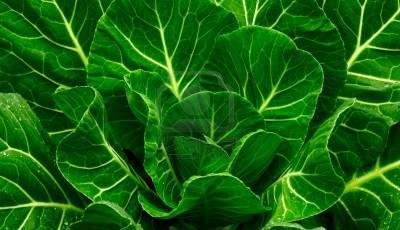DrCarney.com Blog
Avoid the Negative Effects From Dairy by Choosing Plant Foods for Calcium
Calcium is a mineral found in the ground and is absorbed by the roots of plants. Contrary to what the dairy industry wants us to believe, whole plant foods contain sufficient amounts of calcium to support every stage of our life after infancy. (Mother's milk is recommended for the first two years of life.) Consider the enormous size of the elephant, hippopotamus, giraffe, horse, and cow. These mammals consume a purely vegetarian diet which is sufficient to grow and maintain their massive skeletons.
Calcium in green vegetables is actually absorbed better than from dairy. (50% compared to 32%.) Consuming dairy is not protective, it promotes bone loss and osteoporosis. In fact, the countries that consume the most dairy have the highest rates of hip fractures. Dairy also promotes all forms of cancer (including breast and prostate cancer), arthritis, diabetes (and type 1 diabetes), acne, digestive disorders, obesity, autoimmune conditions, and heart disease. Additionally, dairy is linked to childhood ear infections, skin rashes, sudden infant death syndrome, headaches, respiratory problems such as asthma, and neurological disorders like multiple sclerosis.
Furthermore, dairy contains pus, hormones, antibiotics, and bacteria like salmonella, staphylococci, and listeria. A large number of dairy herds test positive for bovine immunodeficiency, bovine leukemia virus, and paratuberculosis. Millions of dollars are spent by the dairy industry every year, marketing misleading information. Their propaganda sells products, but at the same time, it's making us all sick. So the next time you're at the grocery store, pass up the dairy aisle, & load your cart with lots of fresh, calcium-rich produce!
When you subscribe to the blog, we will send you an e-mail when there are new updates on the site so you wouldn't miss them.




